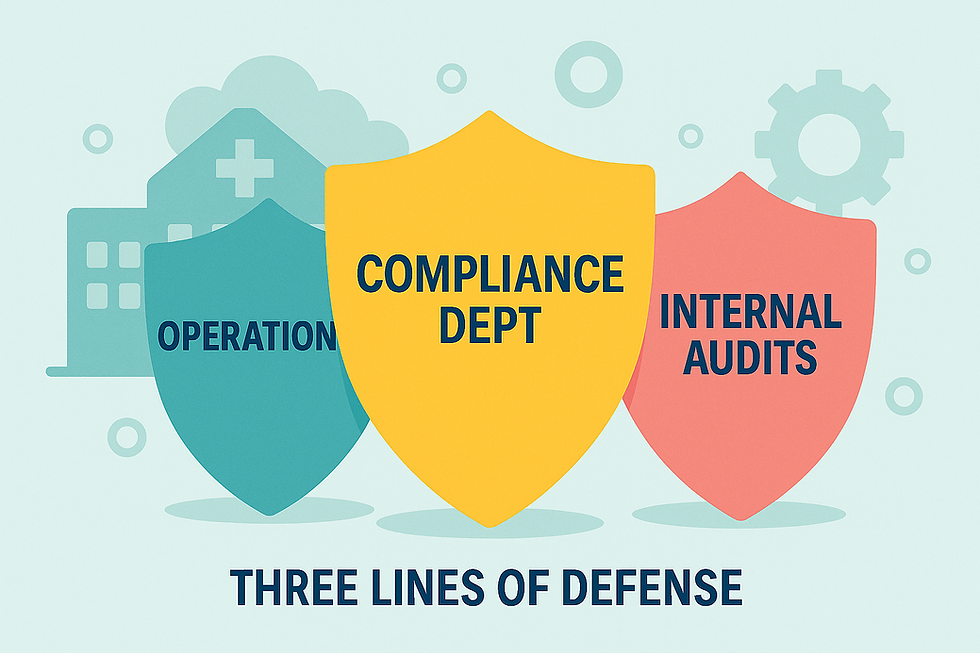The Prior Authorization Final Rule
- Jessica Zeff

- Apr 3, 2024
- 2 min read
The Prior Authorization Final Rule introduces a modern approach to expedite prior authorization processes. This initiative primarily focuses on two areas: automating prior authorization processes and implementing manual process changes.
APIs for Information Exchange
A central aspect of the rule is the adoption and development of APIs to facilitate information exchange. By January 1, 2027, payers will be required to:
• Provider Access API: Implement and maintain an API to share patient data with in-network providers with whom the patient has a treatment relationship. Payers will need to find a way of linking patients with their providers so that the patient information is sent to the right providers for that patient. This API will allow providers to receive claims and encounter data, prior authorization information, and other patient data. Note: Payers will be required to have a process for patients to opt out of sharing their health information under this API.
• Payer to Payer API: Implement an API to share claims and encounter data, prior authorization information, and other patient data. This API will encourage payers to share information with one another to support smoother transitions, better patient care, and informed care coordination when patients move from one payer to another.
• Prior Authorization API: Implement an API that allows for a bi-directional information exchange between providers and payers. The API will have to be populated with the list of items and services (excluding drugs) that require a prior authorization request. It will also need to identify the payer’s documentation requirements for all items and services that require a prior authorization.
Interoperability Standards
The APIs discussed in this rule are supported by well established API standards. Use of these standards to develop these APIs is mandatory. The ONC also has implementation guides for use in the development of the standards and APIs but the use of these is not mandatory.
MIPS and Meaningful Use
Participating providers will be required to report a “yes” response or claim an exclusion to satisfy the reporting requirements for the CY2027 performance period / 2029 MIPS payment year.
Improving Prior Authorization Processes
Beginning January 1, 2026:
Payers will need to send standard prior authorization decisions to providers within 7 days of receipt and expedited prior authorization decisions within 72 hours.
Payers will be required to provide specific information about prior authorization denials and will have to report on certain prior authorization metrics on their public website on an annual basis.
Compliance professionals must
• Develop an implementation strategy
• Educate staff about the APIs
• Facilitate the adoption of the new prior authorization processes
• Ensure that patient communication is clear
If you have any questions about this blog, please contact me at jessicazeff@simplycomplianceconsulting.com




Comments